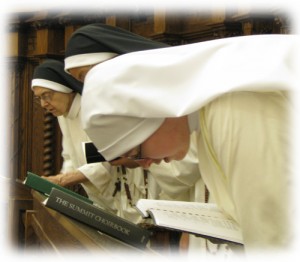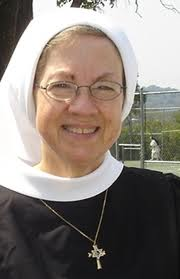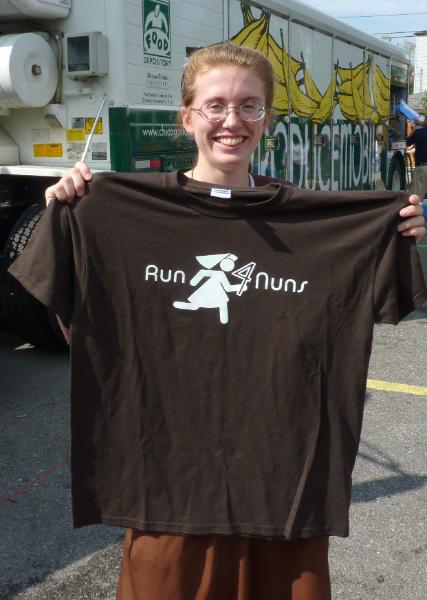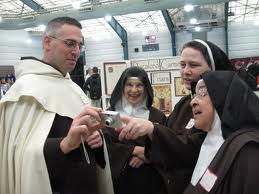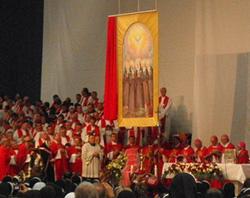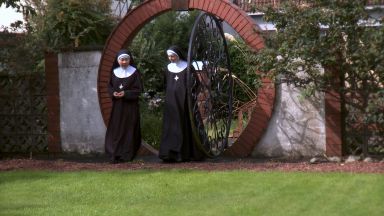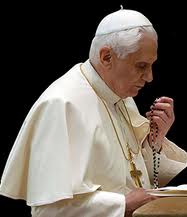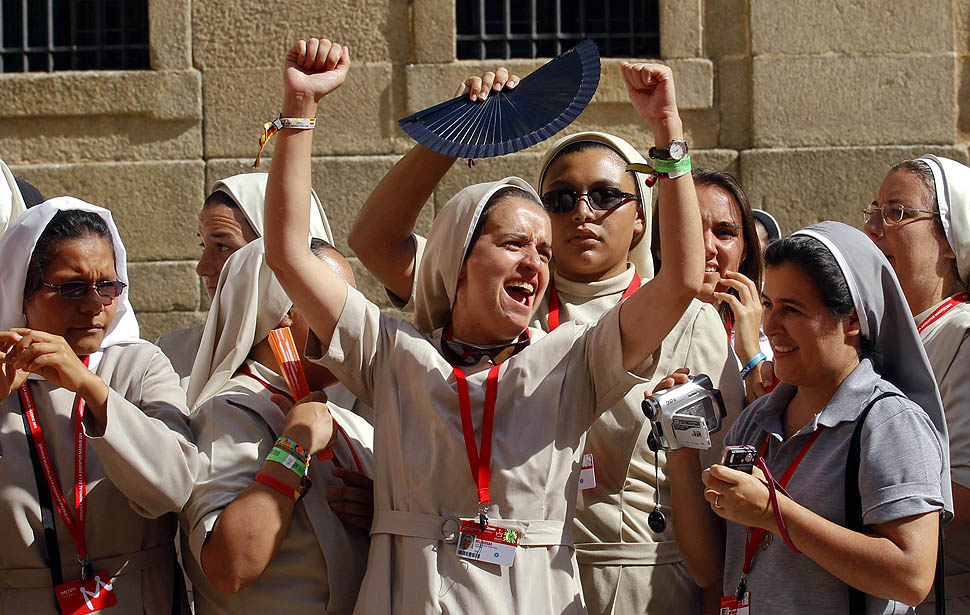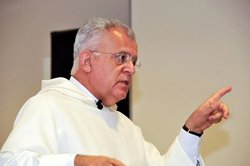 Theologians gathered in Washington, D.C. earlier this month for a symposium to help prepare them for the new evangelization. The event was open to selected non-tenured theology or religious studies faculty members who have received their doctoral degrees within the last five years.
Theologians gathered in Washington, D.C. earlier this month for a symposium to help prepare them for the new evangelization. The event was open to selected non-tenured theology or religious studies faculty members who have received their doctoral degrees within the last five years.
The speakers looked to the Church’s rich history as they offered advice on how to present the Gospel in a modern university setting.
One of the speakers that caught my attention was Archbishop J.A. DiNoia, O.P., who serves as the secretary for the Vatican Congregation for Divine Worship and the Discipline of the Sacraments. He addressed the symposium participants on the nature of theology as a field of study having internal roots within man.
God’s immense love for us is not something that we could have figured out simply “on the basis of thinking about God,” he said.
The infused theological virtue of faith received in Baptism allows for “the participation in God’s knowledge of Himself,” he added.
Therefore, the archbishop explained, the principles of theology come from the knowledge of God infused in us.
The challenge for the new evangelization, said Archbishop DiNoia is “securing the integrity and finality of theology as a distinctive field of inquiry.”
He urged the symposium participants to resist the “fragmentation of theology into disparate subviews and specializations,” as well as internal secularization within the Church.
In addition, he called for them to be courageous in recognizing the “compatibility between an academic profession and an ecclesial vocation,” seeing their work not merely as a job, but as a calling.
Courtesy of Catholic News Agency. For more on the vocation of the theologian and his or her relationship to the Magisterium, see this 1990 instruction from the Congregation for the Doctrine for the Faith.
Like this:
Like Loading...
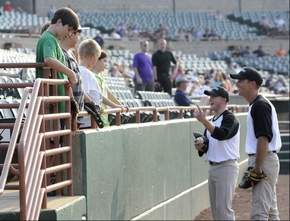 As we await the outcome of the playoffs to see which baseball teams will compete in the Fall Classic, we know one team that will still be playing next week: the Padres.
As we await the outcome of the playoffs to see which baseball teams will compete in the Fall Classic, we know one team that will still be playing next week: the Padres.